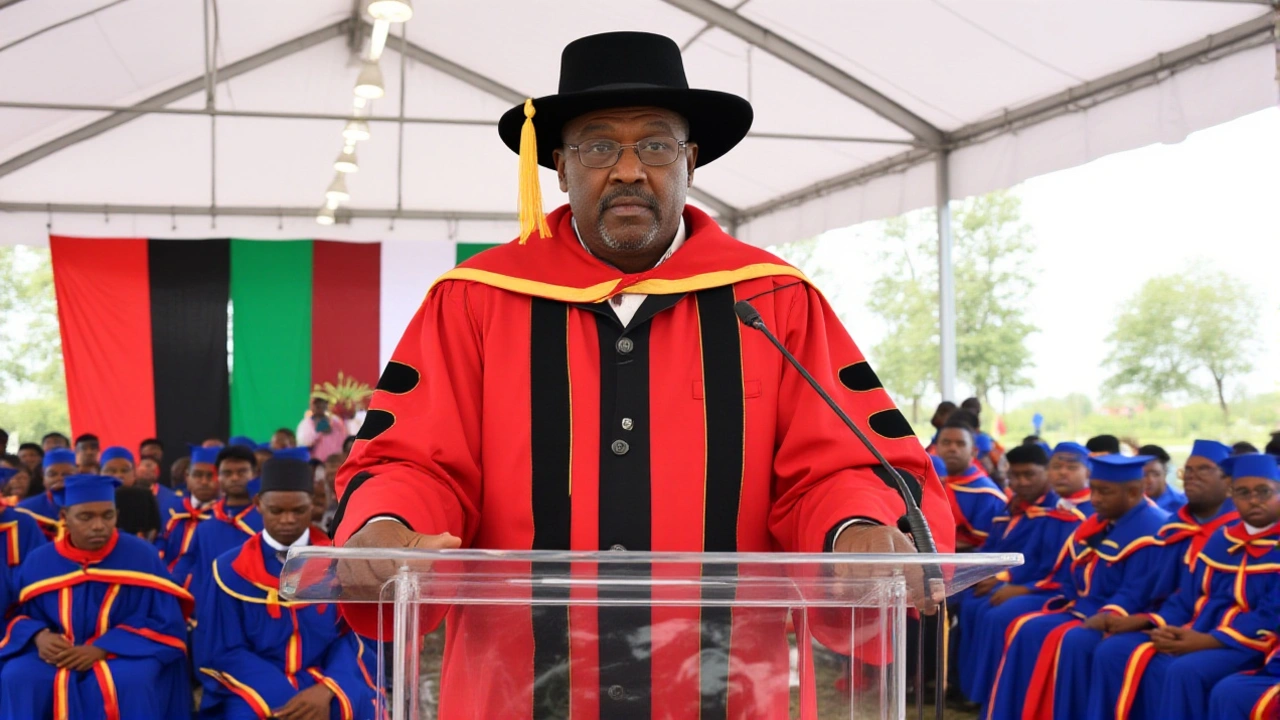University Governance in Africa: How Schools Are Run and Who Holds Power
When you think of a university, you might picture lecture halls, libraries, or students cramming for exams. But behind the scenes, university governance, the system of rules, people, and processes that control how a university operates. Also known as academic leadership, it determines who hires professors, how money is spent, and even whether students can protest on campus. In Africa, this system isn’t just about paperwork—it’s where politics, money, and power collide.
At many African universities, the board of governors, a group of appointed officials who oversee finances and major decisions holds more real power than the vice-chancellor. These boards are often filled with government appointees, business leaders, or retired officials—not educators. That means funding decisions, curriculum changes, or even hiring freezes can come from outside the academic world. In Nigeria, for example, government interference in university leadership has led to strikes that shut down schools for months. In South Africa, campus protests over fees and corruption have forced resignations of vice-chancellors who were seen as out of touch. Meanwhile, in Tanzania and Ghana, university leaders are sometimes chosen based on political loyalty rather than experience in education.
It’s not just about who’s in charge—it’s about who’s left out. Students and junior staff rarely have a voice in governance, even though they’re the ones living with the consequences. When a university cuts funding for labs or cancels a degree program, it’s students who lose out. When professors are fired for speaking out, it’s the quality of teaching that suffers. And when corruption creeps into procurement—like when a board awards a contract to a relative’s company—it’s the entire institution that loses trust. The higher education reform, efforts to make university systems more transparent and accountable movements you hear about aren’t just idealistic dreams. They’re survival tactics.
What you’ll find in the articles below aren’t dry policy papers. They’re real stories: a court case that overturned a corrupt appointment, a student-led movement that forced a university to publish its budget, a professor who exposed a hidden slush fund. These aren’t isolated incidents—they’re symptoms of a system that’s still struggling to shake off colonial control, political meddling, and outdated hierarchies. If you want to understand why African universities are stuck in some places and rising in others, you need to look at who’s really pulling the strings. And that starts with university governance.

Ben Chumo resigns as Kenyatta University Council chair over ministry interference in VC selection
Ben Chumo resigned as Kenyatta University Council chair after the Ministry of Education interfered in the Vice-Chancellor selection process, sparking concerns over academic autonomy. The move impacts 42,000 students ahead of Prof. Paul Wainaina’s January 2026 retirement.
Categories
- Sports (146)
- Politics (22)
- Entertainment (20)
- World (15)
- News (10)
- Lifestyle (8)
- Business (6)
- Technology (3)
- Health (3)
- Environment (2)
Popular Articles



